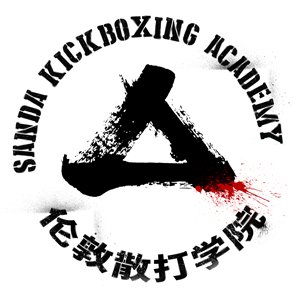The Power of Recovery in Martial Arts: Speeding Up Progress and Enhancing Performance
Recovery is an essential, yet often overlooked, element of training in the world of martial arts. Whether you're a seasoned practitioner or a newcomer, understanding and implementing effective recovery strategies can significantly enhance your performance and accelerate your progress. Here’s how prioritizing recovery can make a substantial difference in your martial arts journey.
The Role of Recovery: More Than Just Rest
Recovery is more than just taking a day off from training; it's a comprehensive approach that includes proper sleep, nutrition, hydration, and active recovery methods. These elements work together to repair your body, reduce fatigue, and prepare you for your next session.
Muscle Repair and Growth: Martial arts are physically demanding. They stress your muscles, leading to micro-tears. Recovery periods allow these tears to heal stronger, leading to muscle growth and increased strength.
Reduction of Fatigue: Proper recovery helps reduce the build-up of fatigue causing by products in your muscles. Lower levels of fatigue mean you can train at a higher intensity and for longer durations during your next session.
Mental Refreshment: Recovery isn’t just physical; it’s also mental. Taking time to rest helps clear your mind, reduce stress, and improve focus, making you mentally sharper for your next training session.
Accelerating Adaptations: Train Smarter, Not Harder
By allowing your body and mind the time to recover, you enable faster adaptations to your training. Here’s how recovery boosts your progress:
Efficient Learning: When you're well-rested and your body is not overly fatigued, you can focus better, learn new techniques more efficiently, and refine your existing skills with greater precision.
Injury Prevention: Overtraining increases your risk of injury, which can set you back weeks or even months. Regular sessions recovery can reduce this risk, ensuring you can train consistently without unwanted breaks.
Better Performance: Recovery allows your body to adapt to the stresses of training, leading to improvements in strength, speed, endurance, and technique. By coming into each session fresher, you can push harder and make more significant progress.
Implementing Effective Recovery Strategies
Here are some practical tips for incorporating recovery into your martial arts training:
Rest and Sleep: Aim for 7-9 hours of quality sleep per night. Consider naps or relaxation techniques if you have trouble sleeping.
Nutrition and Hydration: Fuel your body with balanced meals rich in protein, carbohydrates, and healthy fats. Stay hydrated to help your body function at its best.
Active Recovery: Light activities on your rest days, such as walking, yoga, or stretching, can help promote blood flow and muscle recovery without adding undue stress to your body.
Listen to Your Body: Pay attention to signs of overtraining, such as persistent fatigue, decreased performance, or increased susceptibility to illnesses. If you notice these signs, it might be time to take a step back and allow more recovery time.
Conclusion
Incorporating effective recovery strategies into your martial arts training is crucial for long-term success. By allowing your body and mind to rest and rejuvenate, you’ll come back stronger, more focused, and ready to tackle your training with renewed vigour. Remember, progress in martial arts is not just about how hard you train, but also about how well you recover. Make recovery a priority and watch your performance soar.


